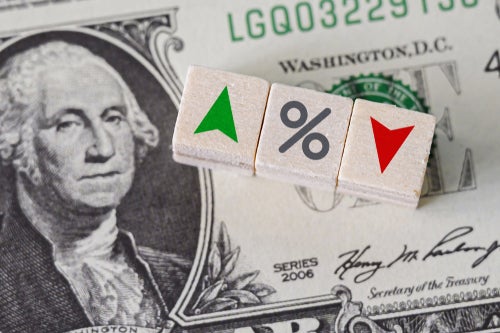
The US Bureau of Labor Statistics announced last week (10 December 2021) the all items index rose 6.8% for the 12 months ending November 2021, with inflation rising to 5% for apparel and 4.7% for footwear during this time.
American Apparel & Footwear Association president and CEO Steve Lamar argues the price increases for apparel and footwear ‘are truly unprecedented after 20-plus years of deflation in the apparel and footwear market’.
He explains: “Shockingly, men’s apparel topped the charts with a 7.8% increase during this period, while infant-toddler apparel increased 4.5%. This is a direct result of unnecessary tariffs and the worsening shipping crisis.”
Lamar believes the high price tags reflect a mix of record-setting inflationary pressure, tariffs on imports, and other excessive fees faced by companies who are working to keep Americans affordably dressed.
He says: “These price increases are clearly unsustainable for consumers and brands alike. Unless corrective action is taken, inflation will continue spreading like wildfire. That’s why AAFA is urging the Biden administration to continue working on immediate actions to unsnarl the current shipping logjams and to provide broad and immediate tariff relief to American businesses today.”
The apparel index rose 1.3% in November after being unchanged in October, when measured as a seasonally adjusted percent change. It was cited as increasing alongside shelter, used cars and trucks, and new vehicles, the indexes for household furnishings and operations, and airline fayres.
However, the AAFA also argued that many more immediate actions – including tariff relief and retroactive trade preference programme renewals – will be required to help US business, consumers, and the US economic recovery.



